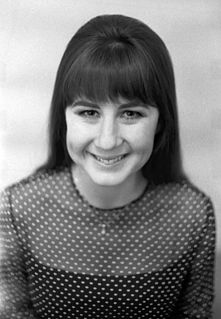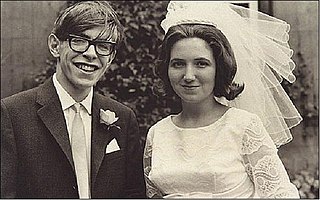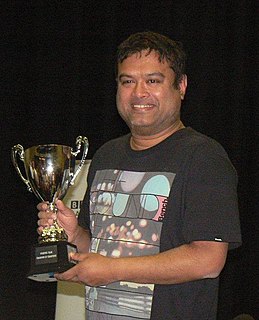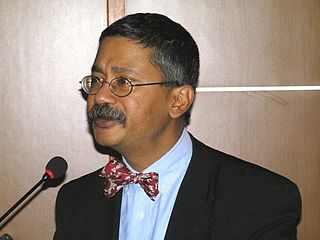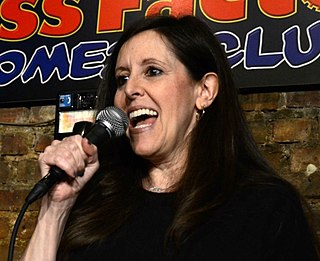A Quote by Judith Durham
In 1990 I had a nasty car accident and in 1994 my husband Ron Edgeworth died of motor neurone disease.
Related Quotes
I had scarcely met Stephen, and then one Saturday I met some old friends for coffee, and they were saying, 'Gosh it's terrible about Stephen, isn't it?' They told me that he had been in St. Bartholomew's Hospital in London having horrible tests and then had been diagnosed with an atypical form of a rare disease - motor neurone disease.
The plot of a movie is its motor. It is not an accident that people call pictures 'vehicles' for stars. A vehicle has to move. A plotless story is like an expensive car with a wonderful body design, luxurious seats, upholstery, headlights (production, direction, cast) - and no motor under its hood. That is why it gets nowhere.
There were definitely scenes I struggled with more than others: the car accident and the thunderstorm are two that come to mind. It's difficult to write about a thunderstorm. There are only so many ways to describe it and our vocabulary is so limited. And the car accident scene required a tense, manic quality that had to be conveyed in the language, as well as the character's dialogue and actions. I was editing these scenes long after I thought I was finished with them.
